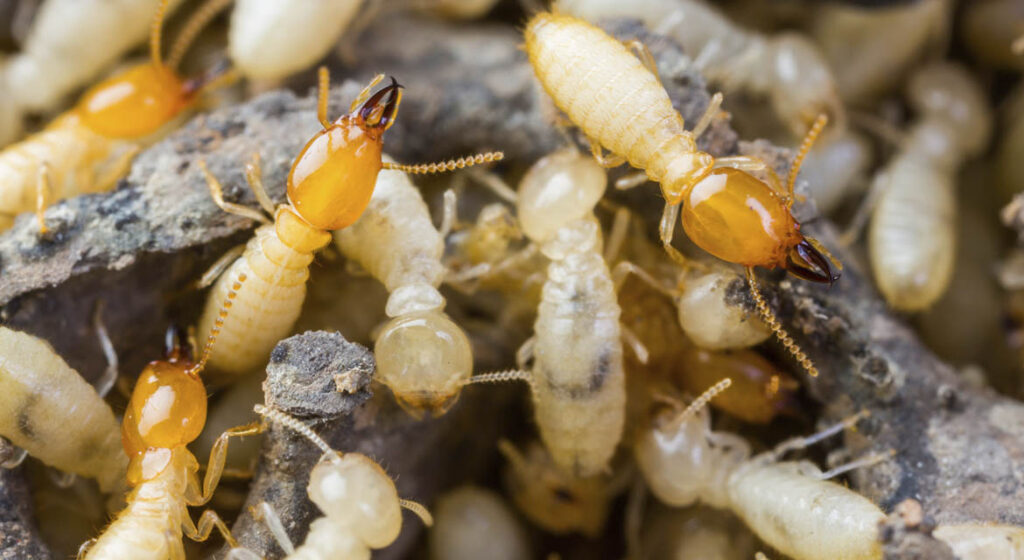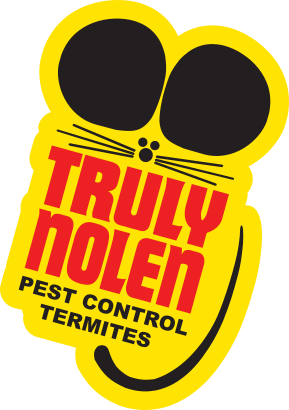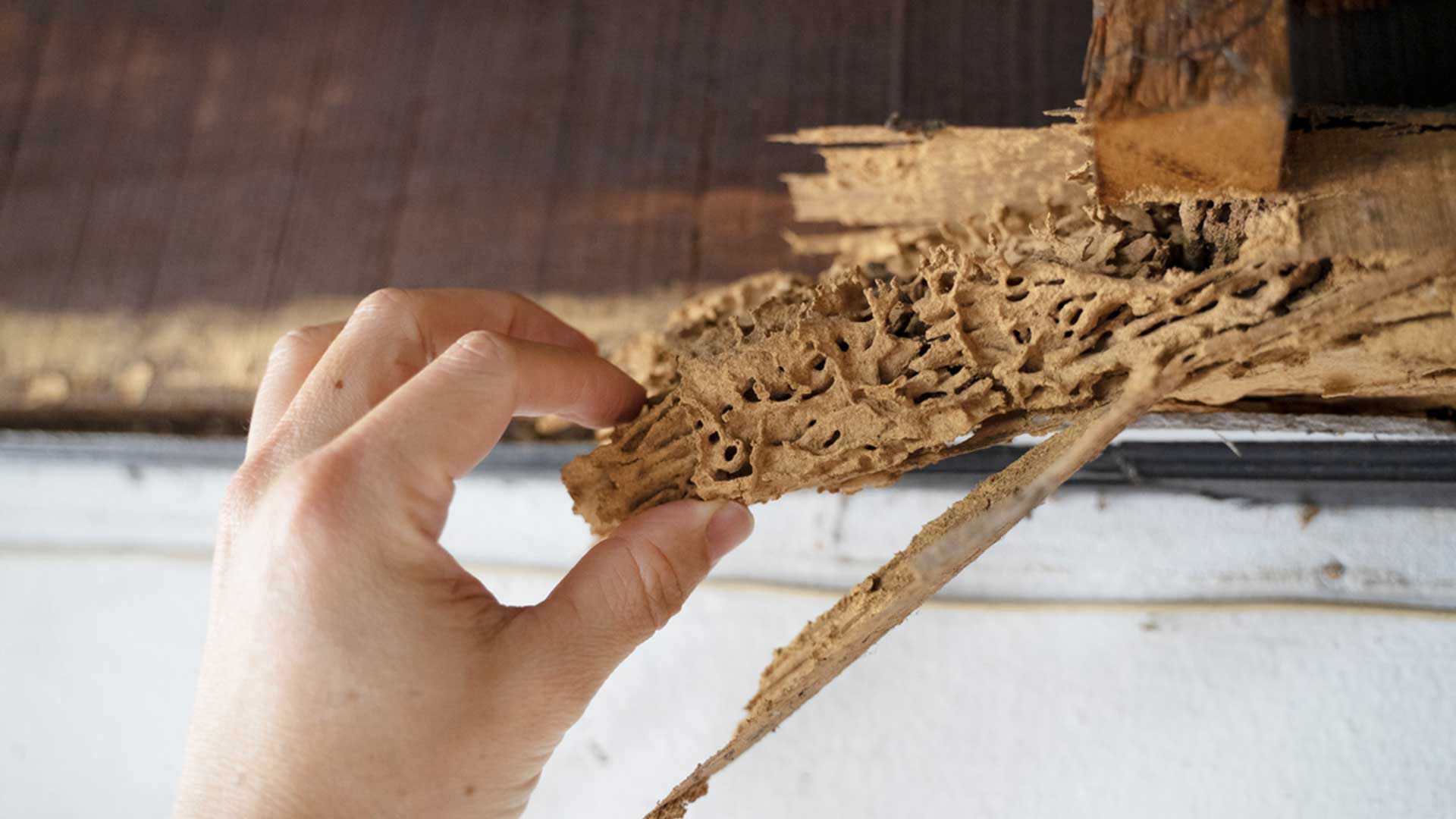
Are Termites Harmful To Humans, and How Do They Affect Our Health?
Termites may not directly harm human health, but their activities can cause substantial structural damage to buildings, posing safety risks. Additionally, termite infestations can release airborne particles that may trigger respiratory issues and allergies, emphasizing the need for prompt professional pest control to minimize health risks and prevent further damage. Here are three key points to know:
- Termites do not directly harm human health but can cause significant structural damage to buildings, compromising safety.
- Termite infestations can release airborne particles that may trigger respiratory issues and allergies, particularly in individuals with pre-existing sensitivities.
- Prompt professional pest control is necessary to address termite infestations, minimizing health risks and preventing further structural damage.
Termite Overview
Termites are known for their destructive nature, often causing significant damage to wooden structures, furniture, and other household items. However, while it’s common knowledge that termites can cause damage to our homes, many people wonder if they pose a threat to human health.
The answer is not cut and dry, as the harm termites can cause to humans varies depending on the circumstances. While termites do not directly transmit diseases to humans, they can cause health problems when they infest homes and buildings.
In this guide, we’ll discuss how termites can affect your health and how to know when it’s time to call professional pest control.
What Are Termites?
Termites are small insects that are notorious pests known for their destructive habits. These social insects have a remarkable ability to feed on cellulose-rich materials, with wood being their primary target.
Termites live in large colonies, organized into different castes of workers, soldiers, and reproductive individuals. The worker termites tirelessly forage for food, construct nests, and maintain the colony. Soldiers defend the territory against threats, while the reproductive termites, called swarmers or alates, are responsible for establishing new colonies.
Unfortunately, termites’ insatiable appetite for wood makes them a significant nuisance and cause structural damage. Infestations can silently eat away at the integrity of buildings, compromising their stability and resulting in costly repairs. These relentless pests are capable of causing significant economic losses and require professional intervention to control and eradicate infestations effectively.
Can Termites Harm You?
Understanding the potential health risks associated with termites and taking steps to prevent infestations, can help you protect yourself and your family from these tiny pests. Here are some of the ways termites can be harmful to human health:
Respiratory Issues
One of the main health risks associated with termites is their ability to cause respiratory issues. When termites burrow into wooden structures, they create tunnels and chambers where they live. These spaces can become filled with termite droppings, dust, and debris, which can trigger asthma attacks and other respiratory issues in sensitive individuals. Additionally, some species of termites can release mold spores, which can further exacerbate respiratory problems.

Truly Nolen GUARANTEE
If you’re not completely satisfied, you’ll get a full refund on your most recent service with our 100% money back guarantee.

$50 Off Year Round Pest Control
Truly Nolen is a family-owned company with 85 years of experience providing the best pest control. If you’re not completely satisfied, you’ll get a full refund on your most recent service with our 100% money back guarantee.
Allergic Reactions
Another health risk associated with termites is the potential for allergic reactions. Some people are highly allergic to termites, especially the saliva and secretions released by the soldier termites when they are disturbed. Exposure to these allergens can cause symptoms such as skin irritation, runny nose, sore throat, and even anaphylaxis in severe cases.
Structural and Electrical Hazards
In addition to respiratory issues and allergic reactions, termites can also pose a risk to human health by damaging electrical wiring. When termites burrow into wooden structures, they may also come into contact with wires and electrical components. If they chew through these components, it can create a fire hazard and pose a risk of electrical shock.
To protect yourself from the health risks associated with termites, it’s important to take steps to prevent infestations in the first place. This can include maintaining a dry environment in and around your home, repairing any leaks or moisture issues promptly, and avoiding storing firewood or other wooden materials near your home. Additionally, if you suspect that you have a termite infestation, it’s important to contact pest control professionals who can help you safely and effectively eliminate the problem.
Evidence of Termites
Detecting termite infestations early is crucial for minimizing damage to your property and preventing health issues. So, you’ll want to keep an eye out for common signs, including the presence of termite mud tubes, which termites build as protected pathways between their nests and food sources. These tubes are typically found along foundation walls or in crawl spaces.
Another indicator is the presence of discarded termite wings. After swarmers, the reproductive termites, find a new location to establish a colony, they shed their wings. Finding piles of these discarded wings near windowsills or light fixtures could suggest a termite infestation.
Additionally, look for termite wood damage, like hollow-sounding or weakened wood, as termites feed on the interior of wooden structures, leaving a thin outer layer intact. Cracked or bubbling paint on wooden surfaces, small holes in drywall, or piles of termite droppings (known as frass) are also signs to watch for. If you notice any of these signs, it’s important to consult with termite control experts to assess and address the infestation promptly.
When To Call Termite Control Experts
Termites are no joke when it comes to property destruction and pesky infestations. These tiny creatures can cause immense damage to your home, and if left untreated, it can result in costly repairs. So when should you call termite control experts? Here are a few key signals to be aware of:
First, if you see any evidence of termite activity, it’s probably time to give your local termite control company a call. Remember to look for termite mud tunnels and small piles of frass. These are telltale signs that termites have already infested your home.
Another indication to call the experts would be when you start noticing hollowed-out areas in your wooden structures. Termites eat through wood from the inside out, leaving only the exterior untouched. This can cause significant damage to your structural framing, flooring, and even furniture if left unaddressed. It’s best to call a professional to assess and address the termite damage before it spreads.
If you suspect that there’s an infestation in your home but haven’t seen the physical signs yet, getting a termite inspection is crucial. Termite control experts have the tools and technology to detect termites even when they’re hidden behind walls, in the soil, or wherever the main nest may be. Early detection can help save your property and lessen the impact on your wallet.
Lastly, if you’re dealing with repetitive termite infestations, it’s best to call the experts for a more permanent solution. Pest control professionals have specialized termite treatments that can effectively eliminate termites from your property and prevent re-infestation.
Understanding the Health Risks of Termite Infestations
Although termites cannot directly transmit diseases to humans, they can negatively affect human health. Termites can trigger respiratory issues, such as asthma, due to the presence of termite droppings and debris in infested areas. Allergic reactions can also occur in individuals sensitive to termite saliva and secretions. Additionally, termites can pose structural hazards by damaging electrical wiring, creating a fire hazard and a risk of electrical shock.
To protect against these health risks, it’s important to prevent termite infestations by maintaining a dry environment, addressing moisture issues promptly, and avoiding storing wooden materials near the home. If a termite infestation is suspected, it’s crucial to contact professional termite control experts who can safely and effectively eliminate the problem. Early detection and timely intervention are key to minimizing termite damage and reducing potential health risks associated with termite infestations.

$50 Off Year Round Pest Control
Truly Nolen is a family-owned company with 85 years of experience providing the best pest control. If you’re not completely satisfied, you’ll get a full refund on your most recent service with our 100% money back guarantee.
Frequently Asked Questions
Can I treat termites on my own?
While some DIY products exist, effective termite control often requires professional expertise and specialized equipment for thorough elimination and long-term protection. Learn More!
Are termites harmful to humans?
While termites don’t pose direct health threats, their presence can cause significant structural damage and financial implications. Learn more about termites
How do I know if I have termites?
Look for signs like mud tubes, discarded wings, damaged wood with hollowed-out sections, and droppings resembling wood pellets. Learn More!
How much does termite treatment cost?
The cost varies based on factors like the extent of the infestation, property size, and chosen treatment method. It’s best to request a professional inspection and obtain a customized quote. Learn More!
How can I prevent termite infestations?
Prevention includes reducing moisture, maintaining proper ventilation, removing wood-to-soil contact, and conducting regular inspections. Learn More!

